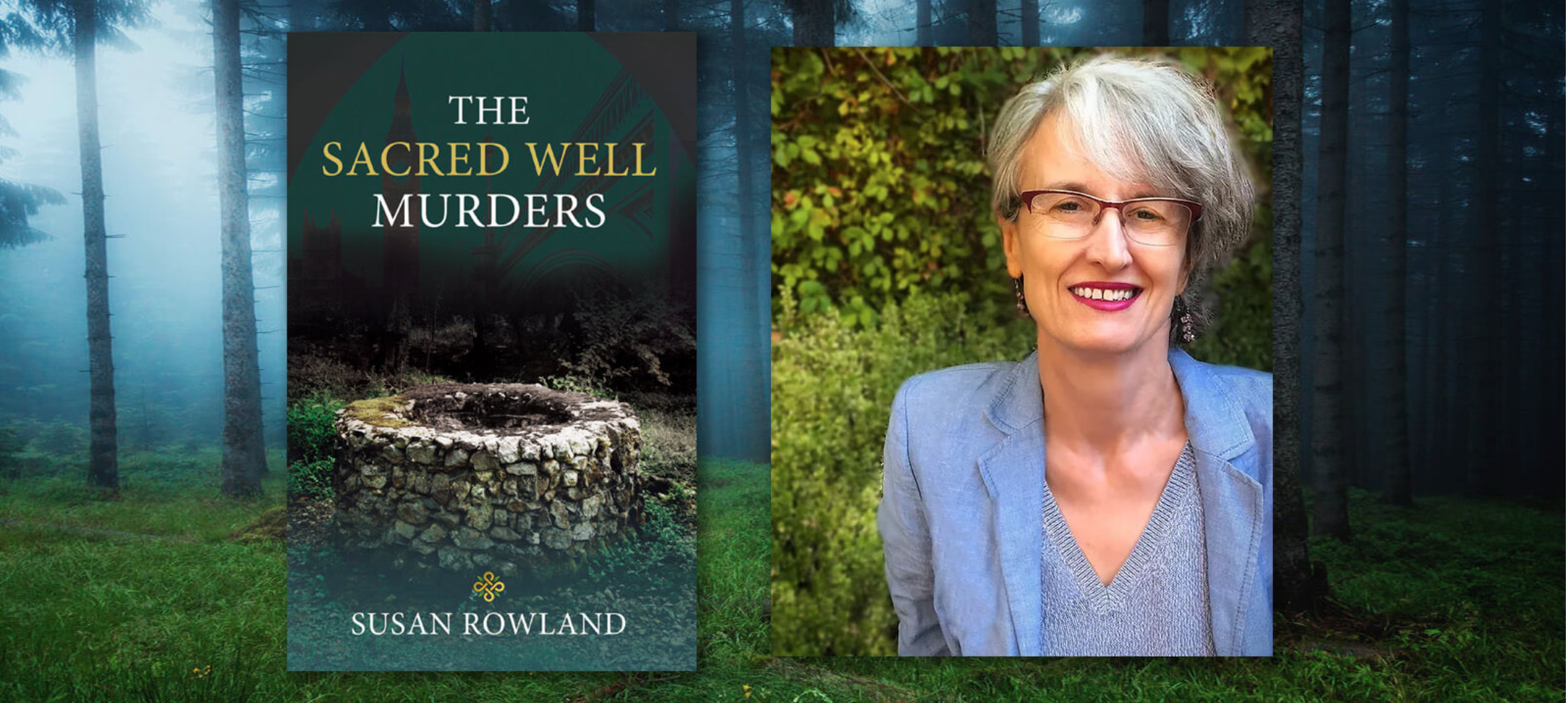Susan Rowland, PhD
Depth Psychology, Jungian Scholar, Complexity Theory, EcoCriticism, Literary Studies, The Lost Feminine
Susan Rowland, PhD, was born in the United Kingdom and emigrated to the United States in 2009, when she fell in love with the American poet, Joel Weishaus. Over the last thirty years, she has been a professor and Jungian scholar, known for her depth psychological interpretations of nature as they appear in literature and psyche.
Currently, Dr. Rowland is core faculty and program co-chair of the Engaged Humanities and the Creative Life with an emphasis in Depth Psychology at Pacifica Graduate Institute, located in California. Dr. Rowland earned her Ph.D. in literary studies and depth psychology from the University of Newcastle (UK), and masters degree from Oxford University (UK) and the University of London (UK). She was the first chair of the International Association of Jungian Studies (IAJS).
In her ten books, Dr. Rowland brings C.G. Jung’s concepts into literary theory, transdisciplinarity and arts-based research, and the psychology of the creative imagination to excavate the lost feminine. Dr. Rowland’s work is not so much “about” Jung, as an attempt to develop his special insights into myth, technology, the feminine, nature, and the numinous for today’s wounded world. Dr. Rowland’s books include:
C.G. Jung and Literary Theory (1999)
Jung: A Feminist Revision (2002)
Jung as a Writer (2005)
Edited — Psyche and the Arts (2008)
C.G. Jung and the Humanities (2010), shows how Jung’s work is a response to the creative, psychological, spiritual, philosophical, and ecological crises of our age.
The Ecocritical Psyche: Literature, Complexity Evolution and Jung (2012) shows how the Jungian symbol is a portal to nature. The book links psyche to complexity evolution via imaginative art — in other words, that art of the deep psyche is not about nature, it is a portal to it. It rewilds!
Remembering Dionysus: Revisioning psychology and literature in C.G. Jung and James Hillman (2016)
The Sleuth and the Goddess: Hestia, Artemis, Athena and Aphrodite in Women's Detective Fiction (reissued 2019), which shows that archetypal patterns are potent for rewilding.
From Agatha Christie to Ruth Rendell: British Women Writers in Detective and Crime Fiction (2000). The book is a study of major and neglected women novelists. It explores their sense of Englishness, social commentary, religious implications, and the unconscious engines of the plots.
Most recently, Dr. Rowland, who has always been fascinated by detective fiction, is now a novelist of environmental detective fiction where she is actively writing the Mary Wandwalker Mystery Series.
The Sacred Well Murders
Ecological consciousness is nature-centered consciousness, experiencing the living Earth as our true home, from eco as oikos: house, dwelling place. But what if our psychic experience of nature and home is tortured by the climate emergency into unbearable fear? The Sacred Well Murders by Susan Rowland explores such trauma. It uses the recuperative qualities of the cozy mystery to heal fractures in the twenty-first century psyche around war, family, and nature. With humor, compassion, and hints of the divine feminine, the story journeys from eco-directed violence to a real Eco Consciousness held in loving bonds between friends and lovers.
Susan Rowland, PhD leads a discussion on what can happen when our psychic experience of nature and home is tortured by the climate emergency into unbearable fear?
Videos by Susan Rowland, PhD
How Teaching C.G. Jung Produced The Sacred Well Murders and addresses our world’s climate emergency
Against Anthropocene and for the Ecocritical Psyche
The Suspension of Certainties
Dr. Susan Rowland — Jungian Literary Criticism : The Essential Guide







